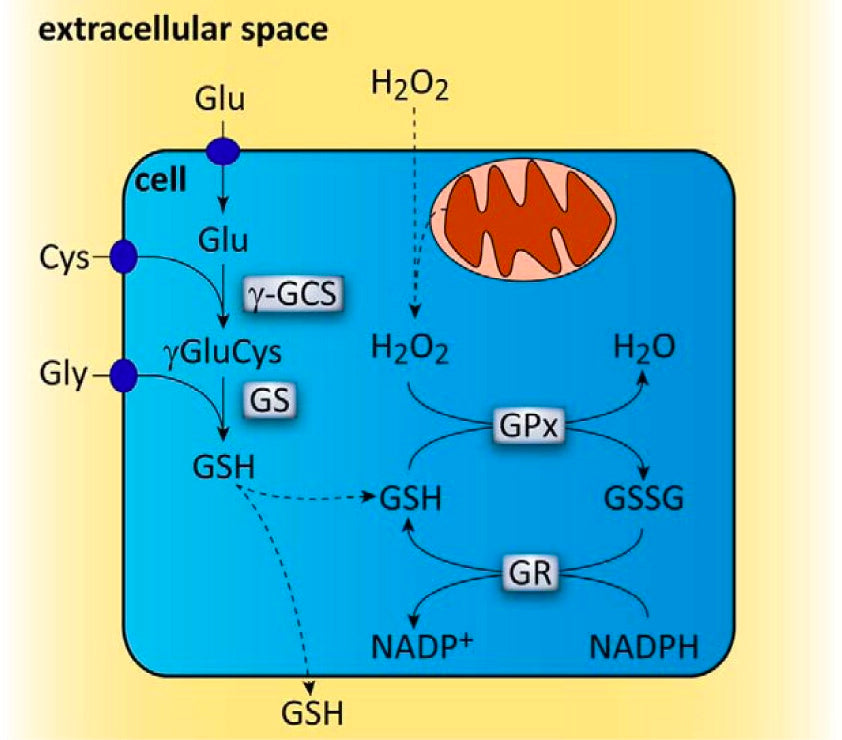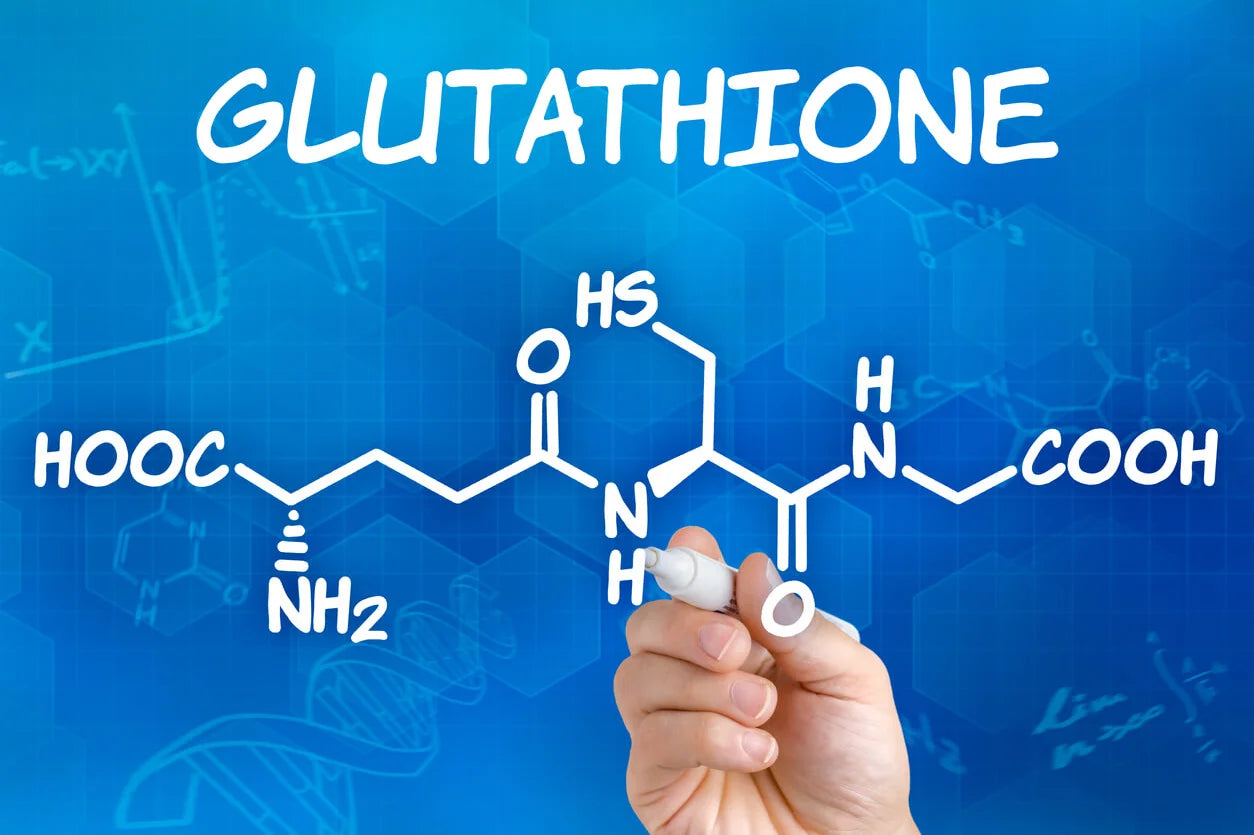Multiple sclerosis (MS) is a debilitating disease that affects millions of people worldwide. It is a chronic autoimmune disorder that affects the central nervous system, leading to inflammation and damage to the myelin sheath that surrounds nerve fibers in the brain and spinal cord. The exact cause of MS is not yet known, but oxidative stress has been strongly implicated in both the inflammatory and neurodegenerative mechanisms in the disease.
Glutathione (GSH) is a vital molecule that plays a critical role in the detoxification of reactive oxygen species (ROS) in the brain. GSH is the most abundant antioxidant in the brain, and it acts as a critical line of defense against oxidative stress. However, in MS patients, GSH homeostasis is altered, which may contribute to the development and progression of the disease.
Direct supplementation of glutathione may seem like an easy solution to increase glutathione levels in the body, but studies have shown that this approach may not be effective. This is because glutathione is broken down in the digestive tract and does not reach the cells where it is needed. Instead, the best way to increase glutathione levels is to provide the body with the building blocks it needs to produce glutathione.
The three amino acids that are essential for glutathione synthesis are cysteine, glycine, and glutamine. Cysteine is the most critical because it contains sulfur, which is necessary for the formation of glutathione. Supplementation with N-acetylcysteine (NAC), a precursor of cysteine, has been shown to increase glutathione levels in various studies. Additionally, supplementation with glycine and glutamine has also been found to support glutathione synthesis in the body.

Figure 1. Glutathione synthesis and metabolism.
Non-invasive imaging methods, such as magnetic resonance spectroscopy, allow for the quantification of GSH levels in the brain. These methods could provide real-time measures of GSH levels and enable the monitoring of disease progression in MS patients. GSH supplementation may also have therapeutic potential in MS patients, as it has been shown to reduce oxidative stress and inflammation in animal models of MS.
In conclusion, glutathione plays a critical role in the maintenance of brain health, and its depletion may contribute to the development and progression of MS. To increase glutathione levels, it is recommended to supplement with a combination of cysteine, glycine, and glutamine or with a product that contains precursors of glutathione like NAC. This will provide the body with the building blocks it needs to synthesize glutathione and support its crucial role in detoxification and antioxidant protection. With the help of non-invasive imaging methods and glutathione supplementation, we may be able to better understand and treat MS.
References: Andreia N Carvalho, Jamie L Lim, Philip G Nijland, Maarten E Witte, Jack Van Horssen Glutathione in multiple sclerosis: More than just an antioxidant?



